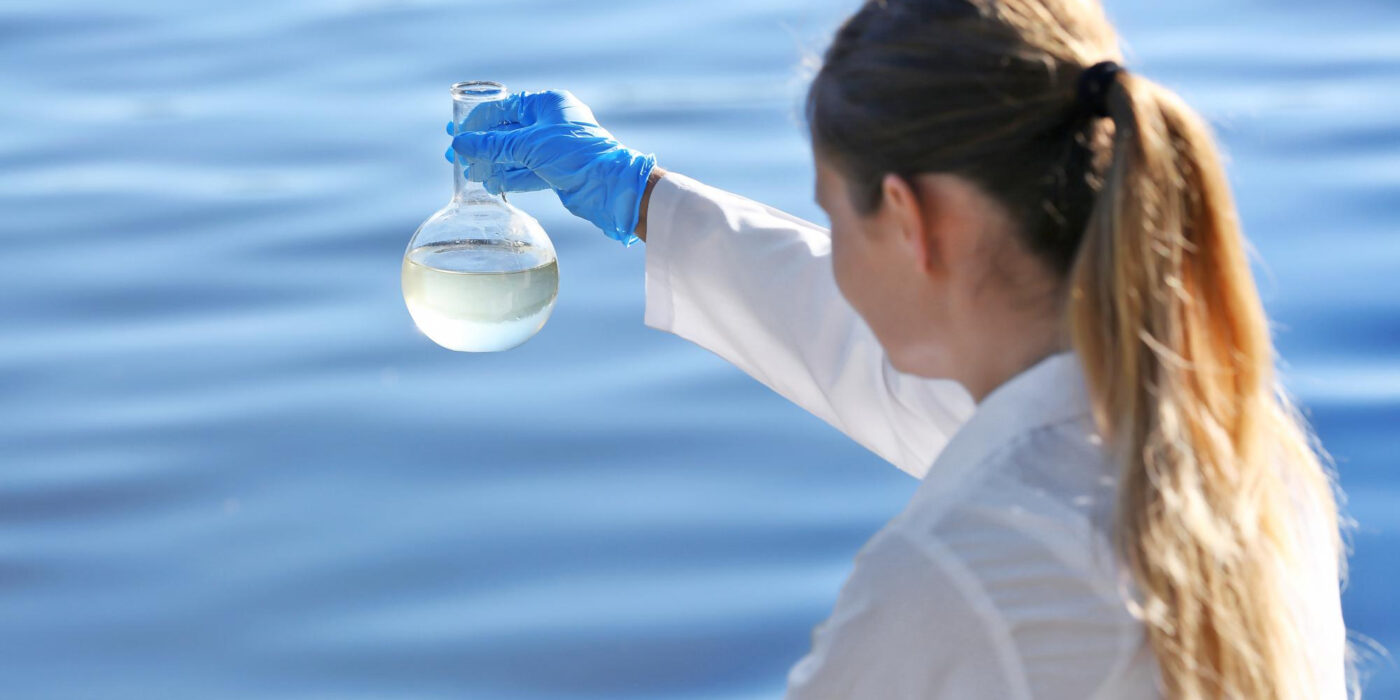B
allast water is essential to ship stability — but it’s also a hidden threat to global marine ecosystems. When vessels discharge untreated or poorly treated ballast water, they can introduce invasive species into non-native environments, causing long-term ecological and economic damage.
This issue led to the adoption of the International Ballast Water Management Convention (BWM), which is now enforced in ports worldwide. Cyprus-based Maritime Lab supports global compliance by offering advanced testing aligned with BWM Regulation D-2.
Why Ballast Water Matters
Introduced plankton, bacteria, and microscopic organisms can alter local food chains, outcompete native species, and spread diseases. This issue has affected countries from Australia to Canada — and continues to challenge coastal biodiversity.
To combat this, the IMO introduced:
- D-1 Regulation: Ballast water exchange standard
- D-2 Regulation: Ballast water performance standard (organism limits)
What Testing Is Required?
To meet the D-2 discharge standards, shipowners must test for:
- Planktonic organisms (10–50 μm and >50 μm)
- Toxic Vibrio cholerae (O1 and O139)
- E. coli and Enterococci
- Heterotrophic bacteria
- Organic carbon (DOC/POC)
- Total Suspended Solids (TSS)
Why Choose Maritime Lab?
Our ballast water testing service includes:
- Sampling kits sent to any global port
- Accredited lab analysis of biological and chemical parameters
- Prepaid logistics and support for return shipments
- Compliant reporting and advisory for non-conformance
Our lab teams follow strict quality standards and provide fast, actionable results to prevent delays and non-compliance.
A Sustainable Future
Protecting our oceans starts with responsible practices at sea. By testing your ballast water, you help preserve biodiversity, stay ahead of regulation, and demonstrate environmental leadership in the shipping industry.


